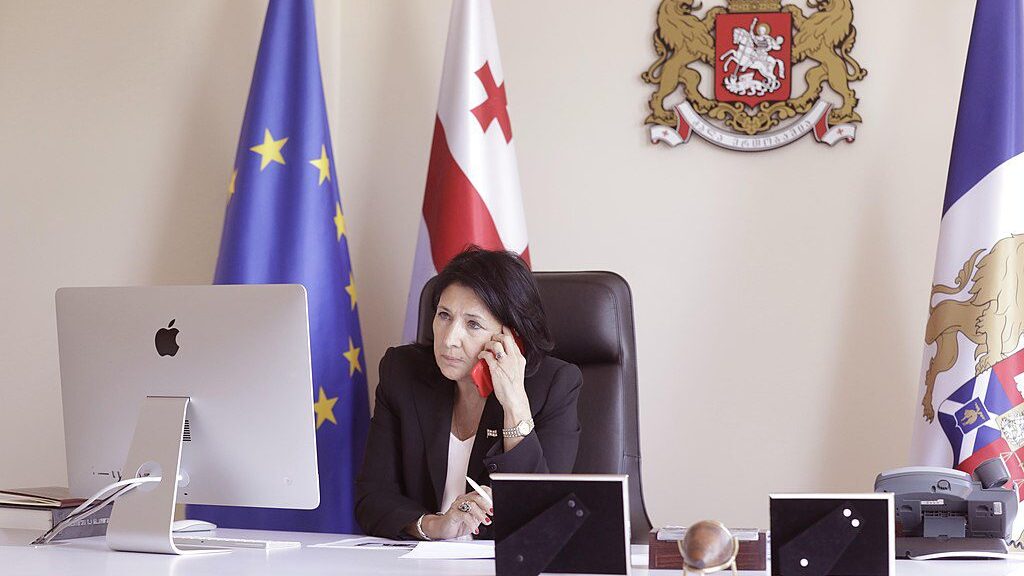
Photo: Giorgi Abdaladze, CC BY-SA 4.0 via Wikimedia Commons
President of Georgia Salome Zourabichvili spoke at the European Parliament recently, referring to the Christian roots of European, including Georgian, culture. She also mentioned their Greco-Roman legacy, speaking of the desire to “reunite with our European family.”
Building on this, the president referred to her country’s struggle against the USSR, and looked forward to its integration into the EU, connecting her pro-EU and Atlanticist position to the desire to resist being subsumed into a Russian sphere of influence, reminding those present of the annexation of South Ossetia and Abkhazia.
Zourabichvili specifically defended the idea that Georgian EU membership would benefit Europe’s security architecture, also opening up space for further eastward collaboration.
Her speech highlights the degree to which ideological and cultural fault lines do not align with geopolitical ones, as well as how projects like the EU are thought to be malleable from the outside.
This also came through during the Prime Minister of Georgia, Irakli Garibashvili’s speech at CPAC recently. Garibashvili couched his country’s bid for EU membership in terms of a Europe in which Orbán’s political orientation might rise to prominence.
As public opinion turns against the political consensus in Brussels, Europe is increasingly forced to understand its interests in isolation from those of other large powers, having to navigate an increasingly complex geopolitical landscape. This is an important lesson to bear in mind.
